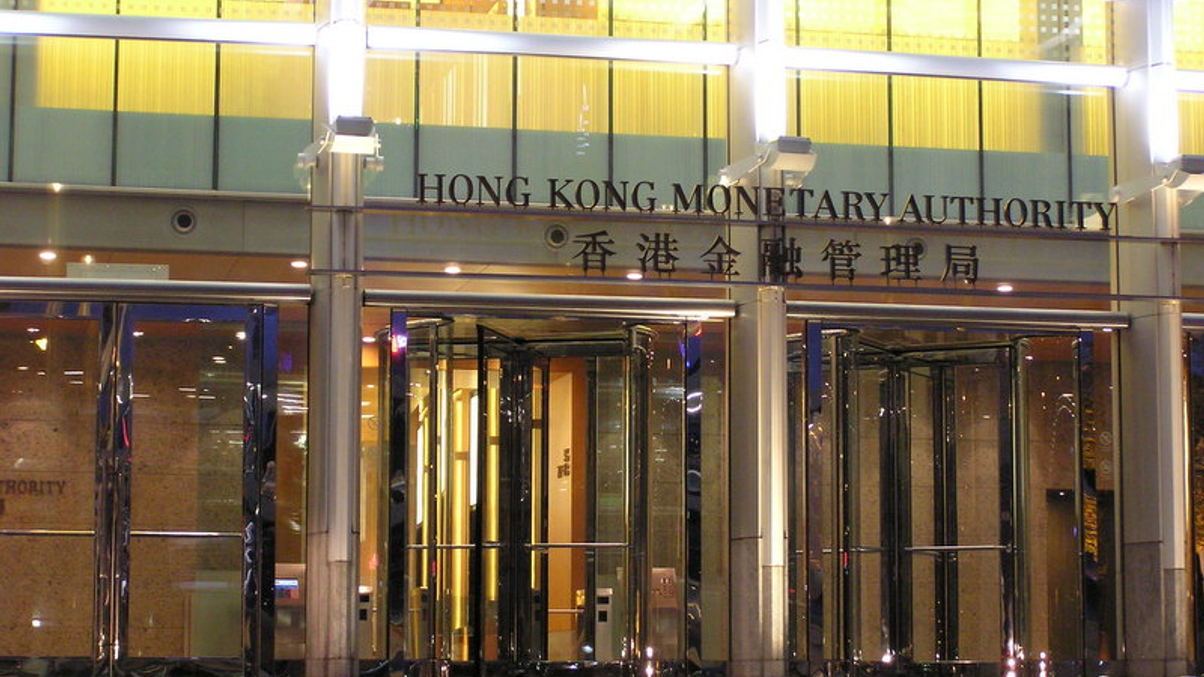HK Exchange Fund posts stellar first quarter results
However, Hong Kong Monetary Authority chief Norman Chan warned of market uncertainties ahead as the benchmark Hang Seng Index shed 2.9% over renewed trade war fears.

Hong Kong’s Exchange Fund saw its first-quarter investment income triple year-on-year as it “unusually” recorded investment gains across all different assets.
Sign in to read on!
Registered users get 2 free articles in 30 days.
Subscribers have full unlimited access to AsianInvestor
Not signed up? New users get 2 free articles per month, plus a 7-day unlimited free trial.
¬ Haymarket Media Limited. All rights reserved.


